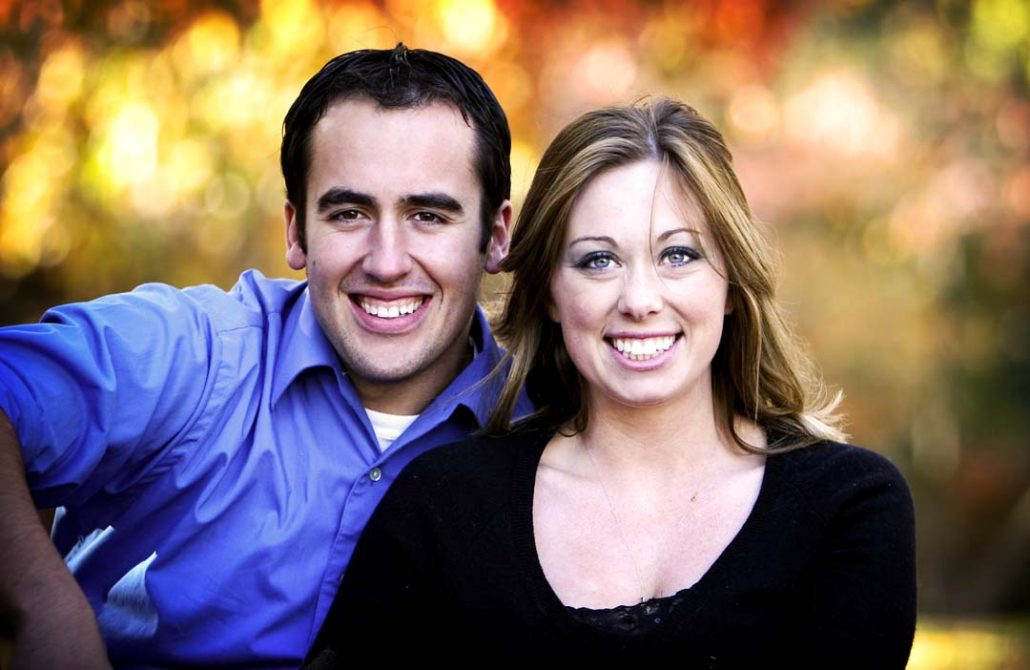Supporting a Loved One in Eating Disorder Recovery During the Holidays
Two hallmarks of the winter holiday season are spending time with family and partaking in festive feasts. For individuals working on recovery from an eating disorder, both of these aspects can present quite a challenge. It can also be confusing and frustrating for family members and friends of someone in recovery as they try to support them at this time. In today’s blog, we will discuss supporting loved ones in eating disorder recovery during the holidays.
The following tips from eating disorder recovery coaches outline supportive ways to be with your loved one during holiday celebrations.
Understand why they may feel stress instead of merriment. When someone with an eating disorder experiences any kind of stress or feels overwhelmed, the first things they may habitually revert to are control, comfort, and communication associated with their eating disordered behaviors.
Maiken Wiese, RD and East Coast Director of Nutrition for Eating Disorder Recovery Specialists, points out that for many of her clients, eating disorder symptoms or behaviors “have become their main coping mechanism, the way they communicate during times of distress, disagreement, or frustration.” Being at home with family may present many triggers. For instance, observing habits that other family members have – the way they talk about their bodies or eat food – may upset the individual in recovery. While these comments and behaviors may not be harmful for you if you do not have an eating disorder, they can be very distressing for the individual in recovery. Try to observe what your loved one is going through without judgment, but with understanding.
Offer empathy, not advice. When someone is receiving treatment for an eating disorder, they need a lot of external support to reinforce their new healthy behaviors – but not necessarily suggestions for what to do differently. Empathy is nonjudgmental acknowledgment of what another person seems to be feeling. It is not easy to offer, especially when we are feeling emotionally depleted ourselves, but it is one of the most soothing responses to receive when feeling stressed. Though your instinct may be to ask questions about why your loved one is struggling or to “fix” their feelings, it may be more helpful to offer them empathy. Consider saying something along the lines of, “It seems like you’re frustrated by this situation. That’s understandable.” For more tips on what is helpful to say and do, and what is not, read this post.
Self-compassion is a priority for everyone! The #1 thing coach Salina Grilli hopes families do as they join together for their holiday traditions is to have “clients and their families practice self-compassion throughout the holiday season.” Whether or not you have an eating disorder, this can be an intense time of year. Be kind to yourself. Respond to self-critical thoughts with self-forgiving thoughts. Families and clients alike need to “stay mindful and connected to their needs” during the holidays, coach Courtney Levy believes. Read more tips on self care for caregivers here.
Trust their process. If your loved one is working with a team of eating disorder recovery treatment providers, they are likely receiving the guidance they need to get through the holiday. You do not need to step in and try to be their therapist or dietitian. They have probably made a meal plan with their dietitian for navigating the holiday food, and brainstormed with their therapist ways to cope with other stressors. Whether or not they share these details with you, try to trust that they are in good hands with their treatment providers. If you find yourself experiencing persistent worry or frustration about the eating disorder, that is normal. An eating disorder is often a larger issue than one person’s disease – it is a family affair that affects all members of that ecosystem. Consider reaching out for your own professional support.
Remember what matters most. Keep in mind the Zen saying, “The most important thing is to remember the most important thing.” Although you want your loved one to enjoy the holidays and feel ease in eating, what is the hope that lies beneath that? Perhaps connection, comfort, or love. Recovery coach Courtney advises her clients to “remember that holidays are not only about food; they are also a time to connect with others.” You, too, may benefit from turning your attention towards your innermost intentions for the occasion.
If you sense your loved one is struggling, please call EDRS today at 866.525.2766 for support. We are here to help you.



